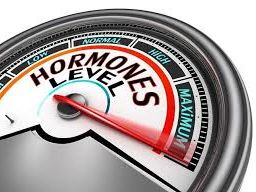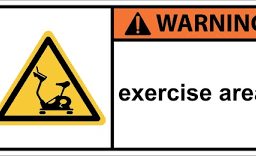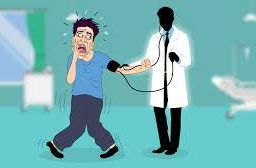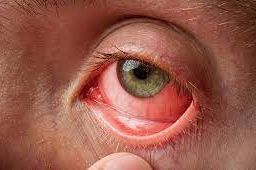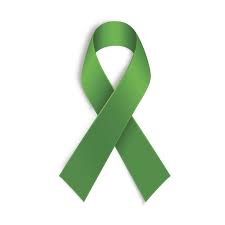
Anxiety Awareness and Strategies During Mental Health Awareness
Mental Health Awareness Week serves as a pivotal moment each May to shine a spotlight on the importance of mental well-being. This year’s theme, anxiety, resonates deeply as millions worldwide grapple with its impacts. Anxiety, though common, often lurks unnoticed, hindering daily life and overall happiness. In this piece, we delve into understanding anxiety and explore avenues to promote mental health during this significant week.
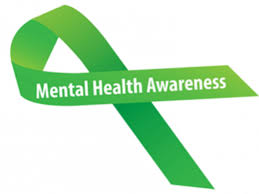
Mental Health Awareness Week is an annual event that takes place every May, and this year’s theme is anxiety. Anxiety is a common mental health condition that affects millions of people worldwide. It can manifest in different ways, such as generalized anxiety disorder, social anxiety disorder, panic disorder, and specific phobias. Unfortunately, anxiety often goes unrecognized or untreated, leading to significant impairments in daily functioning and overall well-being.
What is Anxiety?
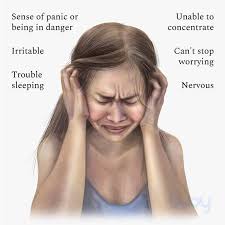
Anxiety is a natural response to stress, and it is a normal part of life. Everyone experiences some level of anxiety at some point in their lives, such as before an exam, a job interview, or a public speaking engagement. However, when anxiety becomes excessive, uncontrollable, and persistent, it can interfere with daily functioning and lead to significant distress. People with anxiety may experience a range of symptoms, including excessive worrying, restlessness, irritability, muscle tension, fatigue, sleep disturbance, and difficulty concentrating. Anxiety can also manifest in physical symptoms, such as headaches, stomachaches, and palpitations.
This Year’s Theme: Anxiety
The theme for this year’s Mental Health Awareness Week is anxiety, and it aims to raise awareness of the condition and reduce the stigma associated with it. The pandemic has highlighted the importance of mental health, and many people have experienced increased levels of anxiety due to the uncertainty, isolation, and disruption of their daily routines. The theme of anxiety is particularly relevant this year, as many people continue to cope with the ongoing challenges of the pandemic.
Raising Awareness and Promoting Mental Health Awareness
Mental Health Awareness Week provides an opportunity to raise awareness of anxiety and other mental health conditions and promote mental health in our communities. There are several ways we can support mental health during this week and beyond:
1. Educate Yourself: Learn more about anxiety and other mental health conditions by reading books, articles, and resources. Understanding the nature of anxiety can help reduce stigma and promote empathy and understanding.
2. Talk About It: Start a conversation about mental health with your friends, family, or colleagues. Talking openly about mental health can help reduce stigma and encourage people to seek help.
3. Seek Help: If you or someone you know is struggling with anxiety or other mental health conditions, encourage them to seek professional help. There are many treatment options available, such as therapy, medication, and self-help strategies.

4. Take Care of Yourself: Practicing self-care is essential for promoting mental health and well-being. Make time for activities that you enjoy, such as exercise, meditation, or creative hobbies. Also, prioritize getting enough sleep, eating a healthy diet, and avoiding drugs and alcohol.
In conclusion, Mental Health Awareness Week is an important event that aims to promote mental health and reduce stigma. This year’s theme of anxiety is particularly relevant, given the ongoing challenges of the pandemic. By raising awareness, promoting empathy, and encouraging people to seek help, we can support mental health and well-being in our communities. Remember, mental health is just as important as physical health, and we all have a role to play in promoting it.
Disclaimer: The information provided in this content is for general informational purposes only. It is not intended as medical or healthcare advice, diagnosis, or treatment. Always seek the advice of a qualified healthcare professional with any questions you may have regarding a medical condition or healthcare decisions.






